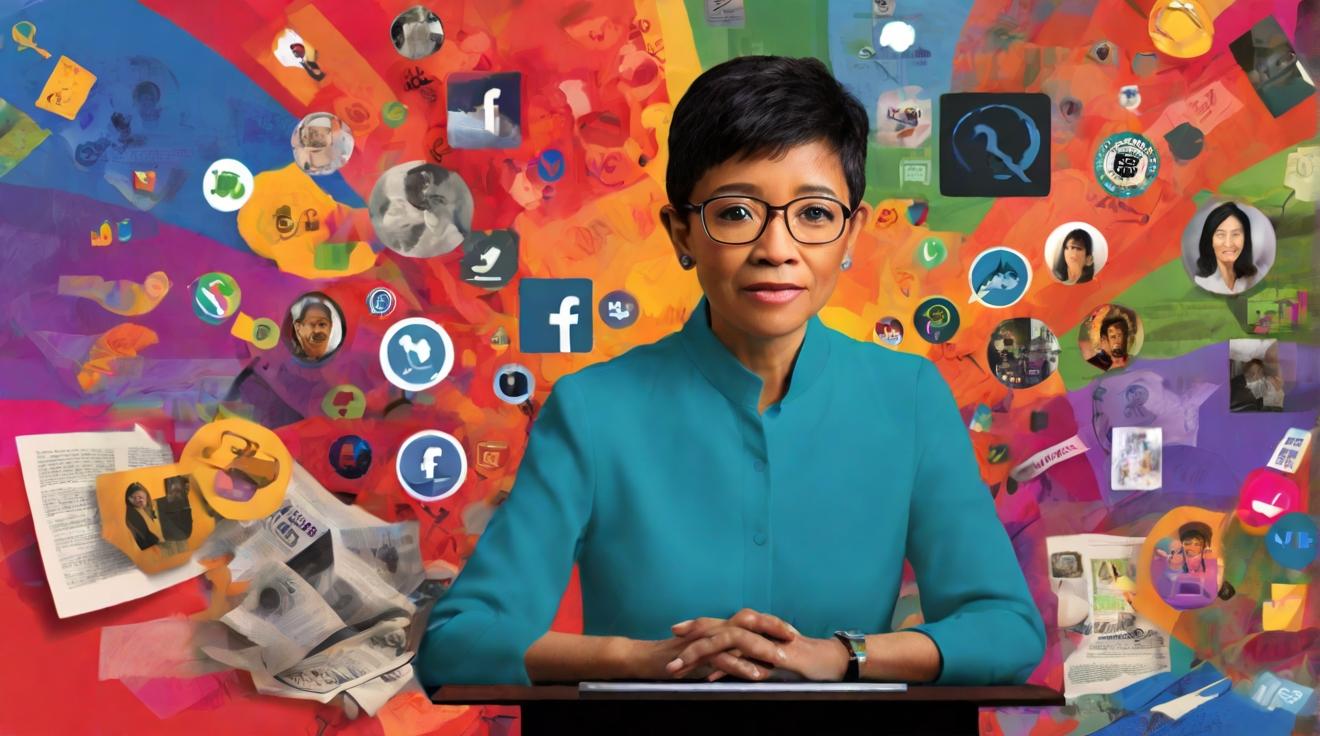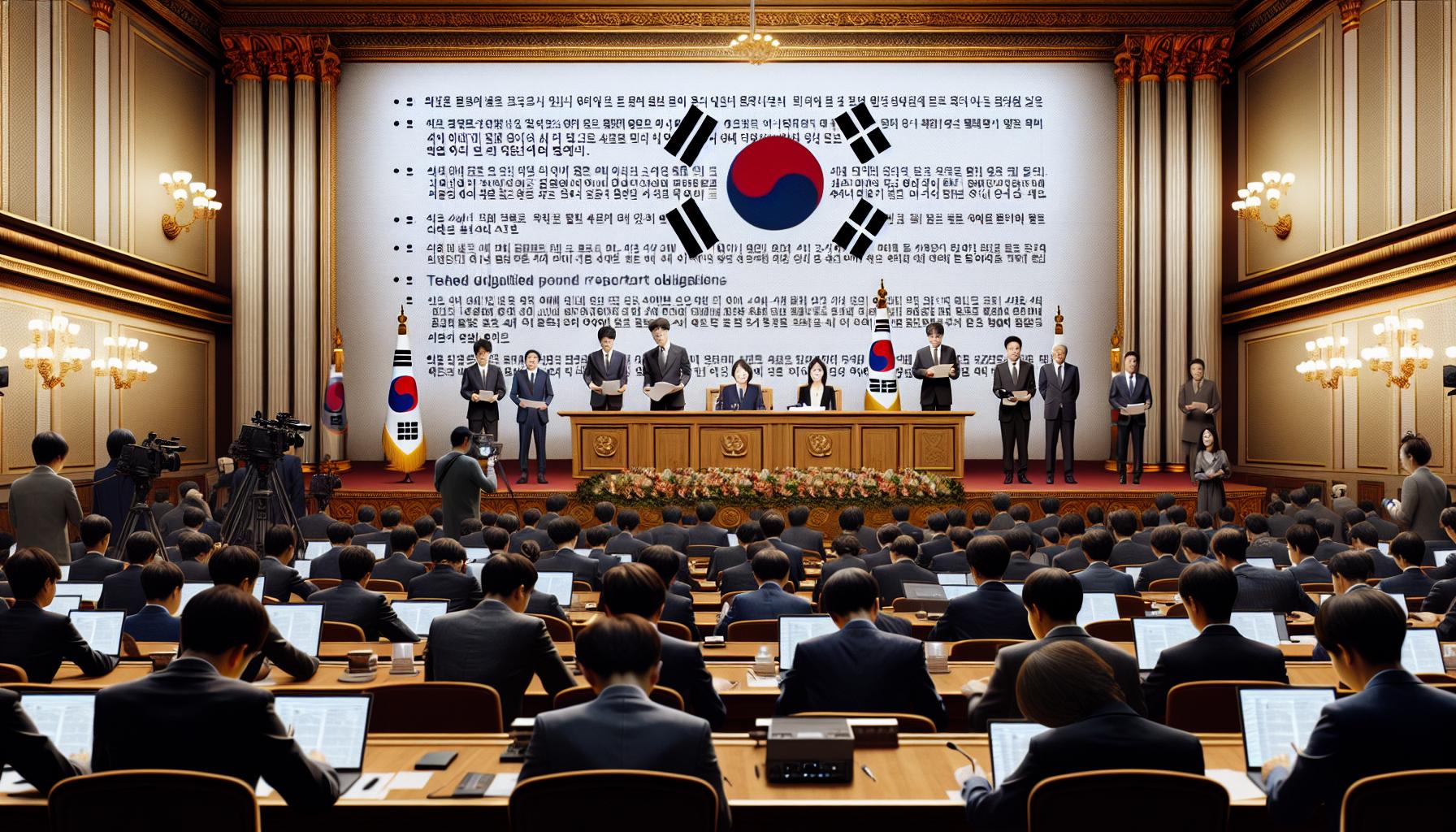Maria Ressa Shares Experiences in Journalism and the Future of the Field
In a recent lecture at Duke University, journalist Maria Ressa spoke about her career in journalism, the impact of technology and social media, and her perspective on the future of the field. Ressa, a Nobel Peace Prize laureate and CEO of Filipino online news site Rappler, discussed the extensive corruption of former president Rodrigo Duterte and the challenges she faced in reporting on it. She also highlighted the role of social media and the internet in reshaping the media landscape and expressed concerns about the power and biases of major technology companies. Ressa emphasized the importance of journalism in fostering accountability, civic engagement, and addressing critical issues like the climate crisis.
The Rise of Social Media and Its Effect on Traditional Media
Ressa explained that she co-founded Rappler with a belief in the potential of social media to serve the young demographic of the Philippines. She acknowledged that the internet has fundamentally changed the media landscape and posed a threat to traditional media outlets. Ressa also raised concerns about the influence of major technology firms, stating that they have become the gatekeepers of news while journalism companies struggle to stay afloat. She criticized these technology companies for prioritizing profit over responsible news distribution and emphasized the need for a more balanced and accountable approach.
The Impact of Information Operations on Social Media
During the lecture, Ressa discussed the issue of information operations and their impact on social media. She highlighted the dangers of tech companies manipulating the democratic process for their own gain, emphasizing that this poses a threat to the very foundations of democracy. Ressa pointed out that sensationalist and inflammatory news tends to spread faster than objective reporting, which reinforces the commodification and degradation of news. She called for greater awareness and regulation of these practices to ensure a more informed and responsible media landscape.
Ressa’s Efforts in Community Building and Addressing the Climate Crisis
Ressa’s return to the Philippines was driven by a desire to improve the communities she writes about. She aimed to foster greater accountability for the government, facilitate civic engagement, and address the climate crisis. Recognizing the country’s vulnerability to natural disasters, Ressa helped develop Project Agos, a grassroots initiative to crowdsource data and create a map of areas prone to storms, landslides, and floods. She emphasized that journalism’s purpose is not to sway political opinions but to bring people together and facilitate the difficult conversations that democracy requires.
In conclusion, Maria Ressa’s lecture at Duke University shed light on her experiences in journalism, the impact of technology and social media, and her vision for the future of the field. She emphasized the need for a more balanced and accountable media landscape, addressed the dangers of information operations on social media, and highlighted the importance of journalism in addressing critical issues and fostering civic engagement. Ressa’s work serves as a reminder of the power and responsibility of journalists in shaping public discourse and holding those in power accountable.
Analyst comment
Positive
As an analyst, it is likely that Ressa’s lecture will prompt discussions on the role of social media and technology in journalism and the need for greater accountability. This may lead to more awareness and regulation of information operations on social media, as well as efforts to promote responsible news distribution. It may also inspire journalists to prioritize critical issues like the climate crisis and foster civic engagement. Overall, it can contribute to a more informed and responsible media landscape.













